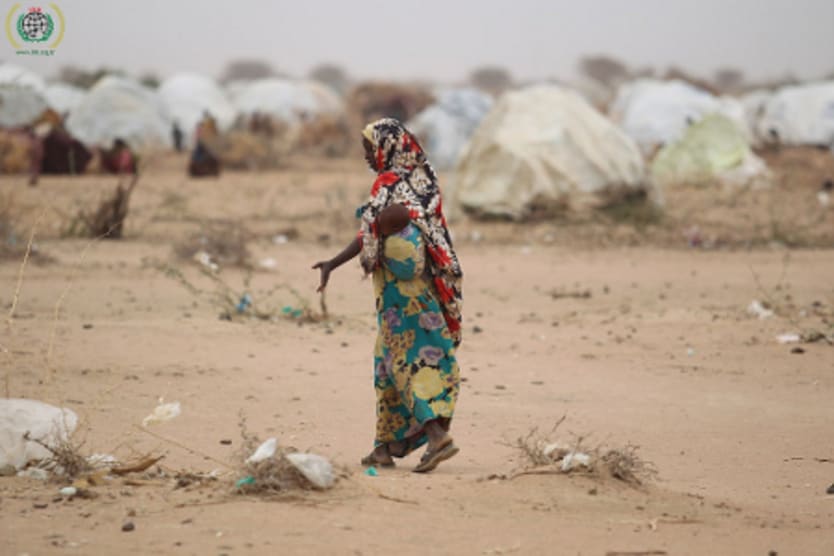
Unresolved political and security issues in countries such as Somalia, Yemen and Syria are putting a heavy burden not just on their people but even on countries that accept their fleeing and wounded citizens.
Somalia, for examples, has not had a proper government for more than two decades. The country has been plagued with violence, poverty and recurring droughts and famine, and many of its people have fled to neighboring Kenya. But eight aid agencies have grown increasingly concerned about the Somali refugees’ situation in “overcrowded” Dadaab camp, the largest in Kenya. These organizations are facing a $25 million funding shortfall, according to BBC, and supplies are no longer enough for the nearly half a million people taking refuge in the camp.
Hunger in Yemen, meanwhile, is “not far from the situation in Sahel in Africa or Afghanistan,” U.N. envoy Jamal Benomar told The New York Times.
In May, seven nongovernmental organizations warned that food crisis in the country is reaching “catastrophic proportions.” Malnutrition affects more than 250,000 children, and lawlessness is making it difficult for families in urban areas to secure food, according to the U.N. World Food Program.
People are “talking openly about starvation,” Brookings Doha Center Deputy Director Ibrahim Sharqieh told NYT. But donors seem to be focusing “almost only” on the country’s security and politics, he said. This is despite Yemen securing some $4 billon in development aid pledges in May at a Friends of Yemen meeting in Saudi Arabia.
The situation is troubling in Syria as well, where violence between pro and anti-government forces is now on its 16th month. A number of Syrians have been seeking refuge in neighboring countries such as Lebanon, but this too is increasingly becoming a problem.
Lebanon’s relief agency has suspended treatment for wounded Syrians, according to Reuters. This means, unless critically wounded, Syrians won’t be able to seek treatment in Lebanese hospitals.
The move, social affairs minister Wael Abu Faour said, is to prevent “exploitation.” The country has been providing free medical care to wounded Syrians, but even those suffering from diabetes and cancer have started seeking treatment, he told Reuters. This has led to costs escalating from about $200,000 a month to more than $1 million, Higher Relief Council chief Ibrahim Bashir said.
Health care will resume once a new budget and “standards for treatment” are in place, he said. But this has to be agreed in parliament, which may take some time. The U.N. High Commissioner for Refugees and other relief agencies said they will “try” to pay for emergency cases, spokeswoman Dana Sleiman said, according to Reuters. But they, too, only have limited funds.
“We hope the Lebanese government reverses its decision,” the Syrian Refugee Coordination Committee in Lebanon said in a statement quoted by The Associated Press.
Read more development aid news online, and subscribe to The Development Newswire to receive top international development headlines from the world’s leading donors, news sources and opinion leaders — emailed to you FREE every business day.




